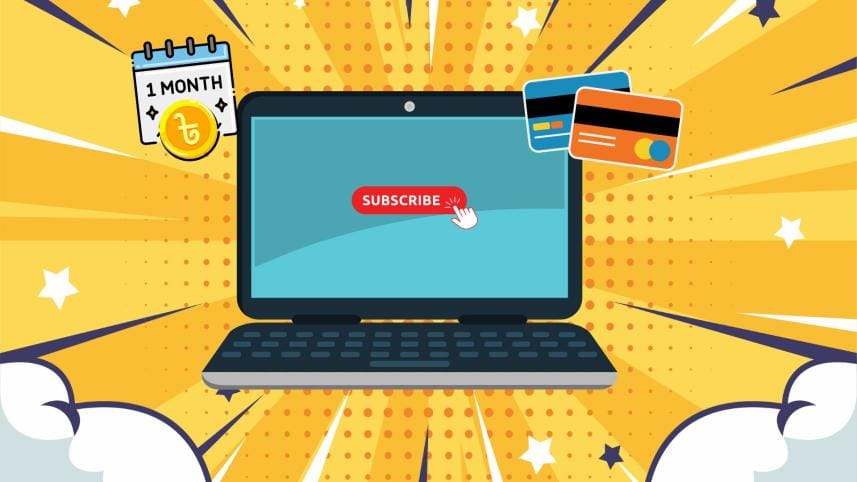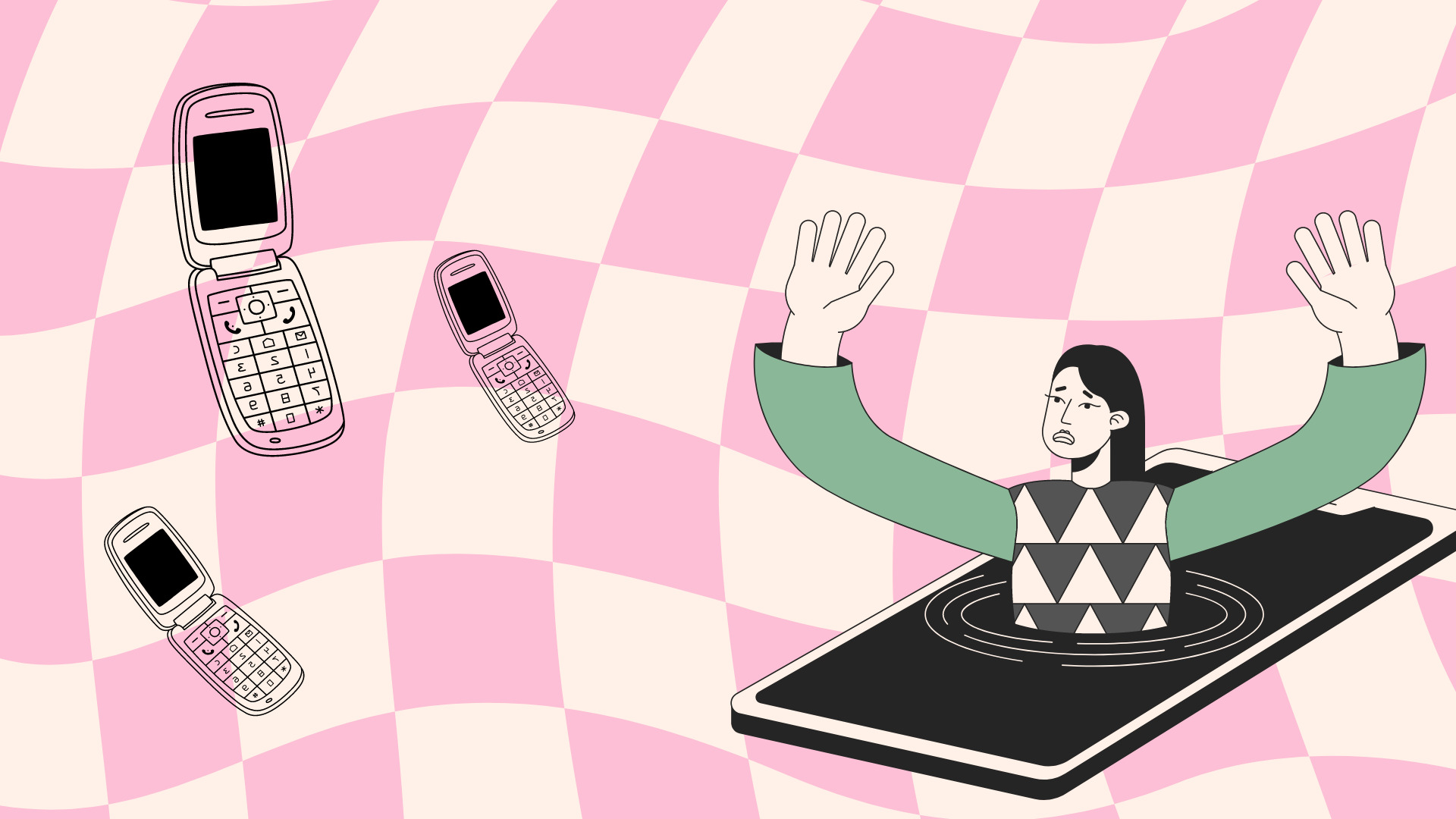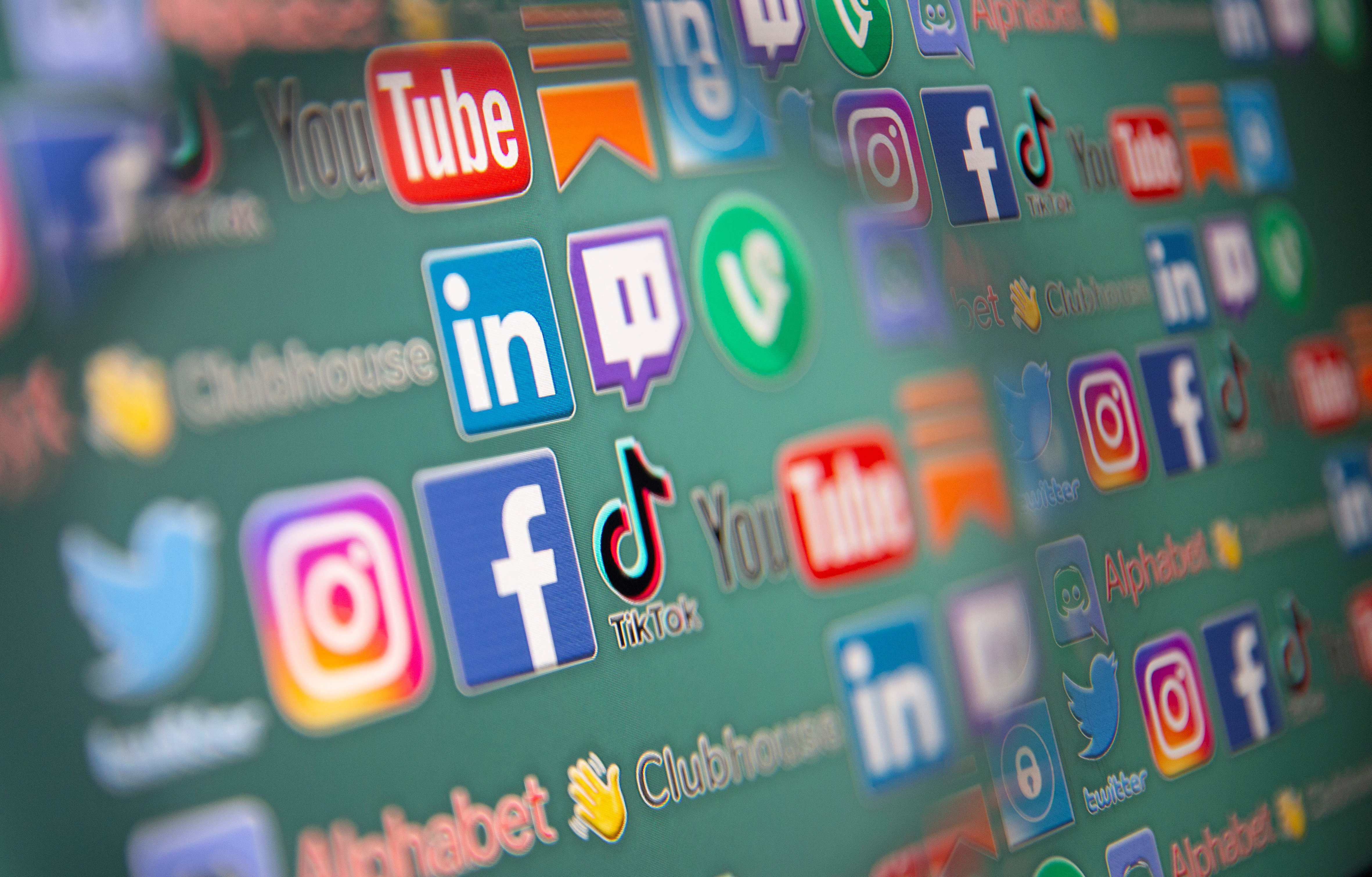Beware of subscription services promising the moon

Once upon a time, the average consumer could buy a digital product like a software or video game by paying a one-time price, usually through a retailer, and you would never have to worry about spending more money on that particular product.
Fast forward to 2024 and most of those products no longer exist. The one-time payment model seems to be a thing of the past.
Nowadays, most software, applications, digital services, etc have moved into a subscription-based model, the type that requires you to pay a certain amount of money per month as long as you want to keep using it.
One-time fee vs subscription
Let's just look at Adobe Photoshop—one of the most popular software applications in the world. Once upon a time, you could purchase a perpetual licence for Adobe Photoshop. It would cost you probably $700-800 and you would not be eligible for future versions, at least not without paying additional fee.
However, Adobe quickly noticed that designers could purchase a perpetual licence for one version of Photoshop and use that for years without any trouble. So, the company completely switched their sales model, opting for a monthly subscription fee for various packages. Instead of paying a one-time fee of $700-800 for a version of Photoshop, you now receive access to the latest updates at all times by paying $22.99 per month; otherwise you do not have access to any versions of it.
The decision faced a lot of backlash when it was announced in 2011. Adobe of course pointed to the fact that at merely $59.99 per month you can access its entire suite of software with updates. Users argued that it would set a bad precedent in the software world.
Some 13 years later and the idea of owning any kind of software licence in perpetuity is a distant dream.
The devil bills you monthly
Subscription services have been around forever. Some point to magazine subscriptions in the 1800s as the earliest example of such a service.
But nowadays there is a subscription service for almost everything. From the endless number of streaming services to VPNs or productivity apps, everything has a subscription service baked into it. Just look at the app stores on your phones and see the state of things.
In the past, calendar and to-do-list apps would maybe charge you a one-time fee of $3.99 up to $19.99. Nowadays though, you have no other choice but to take on a monthly subscription, at a cheaper price but with no end in sight for when you can stop paying.
Worse still is the fact that these subscription services initially lure in users by promising them the moon, only to eventually drop the other shoe and show their true colours.
Experts have described this term as "enshittification." Coined by Cory Doctorow, Canadian blogger and journalist, the term explains how the internet was colonised by platforms, why all those platforms are degrading so quickly and thoroughly, and what it means for consumers.
In his article for the Financial Times published in February of 2024, Doctorow wrote, "We're all living through a great enshittening, in which the services that matter to us, that we rely on, are turning into giant piles of shit. It's frustrating. It's demoralising. It's even terrifying. I think that the "enshittification" framework goes a long way to explaining it, moving us out of the mysterious realm of the 'great forces of history', and into the material world of specific decisions made by real people; decisions we can reverse and people whose names and pitchfork sizes we can learn."
Just look at Netflix. The company built their business model on the idea of watching movies without ads. Now, they have started showing advertisements on their lowest subscription tier. To add to user's woes, Netflix also introduced a highly controversial new rule that no longer allows family members or friends living in separate locations to share a Netflix family account. Instead, now you have to pay an extra $8 to share your account with someone who doesn't live with you.
Why should we care?
Now, I am sure you are all asking why any of this should matter to a person residing in Bangladesh. Subscription services are few and far between here, so why should we care?
Well, I want to start off by pointing to one app that I am certain most people living in Dhaka have on their phones—Foodpanda.
Just think back to a year ago. Your regular order from your favourite restaurant on Foodpanda was much cheaper than it is now. And while inflation has surely contributed to a portion of the increase, Foodpanda's own platform fees, service fees and surge delivery prices have contributed towards your order becoming more expensive.
However, Foodpanda has a "great" solution for the rising costs they themselves introduced.
"Pandapro" is the subscription service that will solve all your needs. For just Tk 499 for six months or Tk 599 a year, you can get free deliveries, discounted deliveries and restaurant discounts. However, these perks are not elaborated properly on Foodpanda's own website.
In fact, I wouldn't be surprised if the said "perks" come with certain requirements like minimum order totals or is limited to just the plethora of terrible new restaurants Foodpanda has added to its catalogue.
Apps like Uber and Pathao also seem to be going through similar processes of "enshittification", with things like surge pricing, increased wait times on cheaper vehicles and a variety of other nonsense. I mean, Uber already has its own subscription service "Uber One" worldwide. So, it is very likely it will eventually make its way to Bangladesh.
I am not saying that subscription services shouldn't exist. They should, because they can sometimes bring great value for money — with sometimes being the keyword there. Not to mention that you have the choice to opt out of any type of subscription service if you don't like what is being offered.
However, the concerning elements that need to be addressed is the ever present "enshittification" of services that adopt subscription models. The second issue we must consider is just how fast subscription models are taking over. With the pace with which tech is moving forward, it is natural for ideas, philosophies and profit-making models from the world of tech to seep into other industries.
So, it is important for us to make a clear distinction on what kind of services are acceptable in a subscription model. For example, Netflix regularly upgrades its content library, bringing in new shows and movies almost every day. In a case like this, a subscription model makes sense. However, if you're selling a software that only receives a feature or tool upgrade once every 5-6 months—like Photoshop—it would be ideal to have an option for a one-time purchase of the existing version.
It is absolutely crucial that companies don't make their existing services much worse in order to push a subscription model that then promises to fix these issues. New services should improve on existing frameworks, rather than just become a paywall for an already existing service.
As consumers, we must be constantly vigilant to ensure our own rights. Large companies like the ones mentioned earlier are more concerned with our money than delivering us a quality service or product. To combat this issue and avoid a future where the pattern of "enshittification" takes over industries outside of tech and web services, we must start by raising awareness, develop better consumer rights protection laws and actively remind these companies that it is our money that keeps them running.
Aaqib Hasib is sub-editor at The Daily Star. He can be reached at aaqib.hasib@thedailystar.net.
Views expressed in this article are the author's own.
Follow The Daily Star Opinion on Facebook for the latest opinions, commentaries and analyses by experts and professionals. To contribute your article or letter to The Daily Star Opinion, see our guidelines for submission.




 For all latest news, follow The Daily Star's Google News channel.
For all latest news, follow The Daily Star's Google News channel. 


Comments